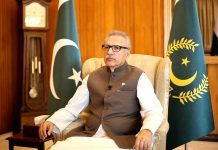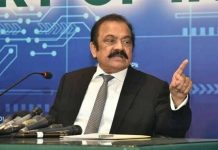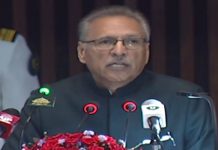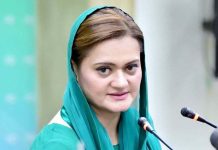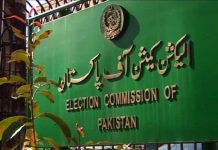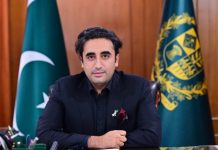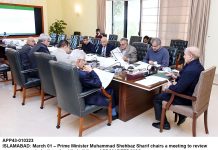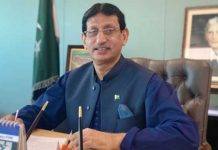
Two ECP positions became vacant on July 26, 2022, when two members retired: Justice (retd) Altaf Ibrahim Qureshi (Punjab) and former justice Irshad Qaiser (Khyber Pakhtunkhwa). Due to the impasse between the previous government and the opposition, no appointments could be made on these positions until now.
According to ECP sources, Chief Election Commissioner Sikandar Sultan Raja, along with two other ECP members, has taken an active role in tackling the mammoth task of conducting the elections and making the necessary arrangements prior to the final event.
“Legislation, electronic voting machines, and voting mechanisms for overseas Pakistanis, in addition to conducting constituency delimitation, are significant challenges for us, and we have begun consultations while addressing some issues,” sources quoted him as saying.
According to reports, the commission is caught in a Catch-22 situation, despite having begun related consultations in light of the National Assembly’s dissolution and other pending Supreme Court of Pakistan cases.
In February, Asad Umar, the Federal Minister of Planning, inaugurated the National Census Coordination Centre. He stated at the time that the country’s first-ever digitized census would take place in August 2022 over a 30-day period.
Section 17 (2) of the Elections Act 2017 directs the commission to conduct constituency delimitation following the official notification of each census: Under a one-time waiver of the legal provision, the current delimitation was conducted using provisional results from the 2017 census. Despite the fact that the final results of the national census were published in May of last year, the commission was unable to conduct delimitation, citing the former PTI government’s decision to conduct a new census. “Certainly, there are numerous ifs and buts ahead of us, but the commission will not disappoint the nation and will go all-out to meet the challenge,” the ECP chief told the sources.
According to sources, the law allows for a one-month period for objections and then a hearing process. If the objections are heard concurrently, this may be advantageous given the short time available.
Additionally, the ECP released a brief statement clarifying that it has made no statement regarding the elections.
PTI Vice-Chairman Shah Mehmood Qureshi, for his part, stated that the ECP is a constitutional institution charged with the responsibility of conducting free and fair elections. He emphasized the prime minister’s constitutional authority to call elections at any time by recommending the assembly’s dissolution.
“If this is true, why isn’t the ECP prepared?” he inquired. What is the purpose of the salary withdrawals? Why are they still in office if they are incapable of carrying out their constitutional duties?”
Meanwhile, former State Minister for Information Farrukh Habib tweeted to reiterate that the ECP is required to hold elections within 90 days under Article 224 of the Constitution.


